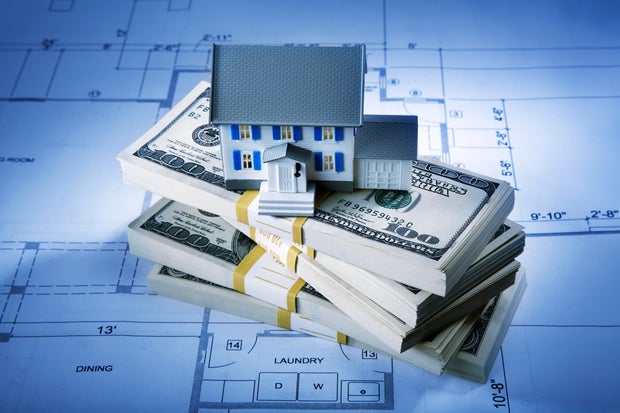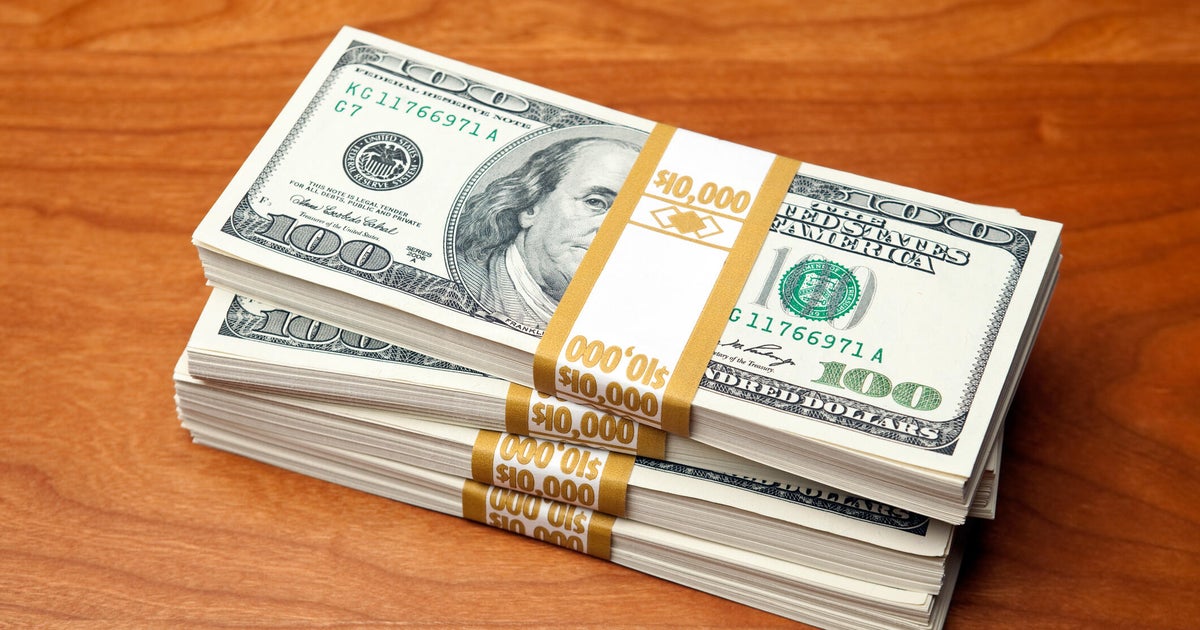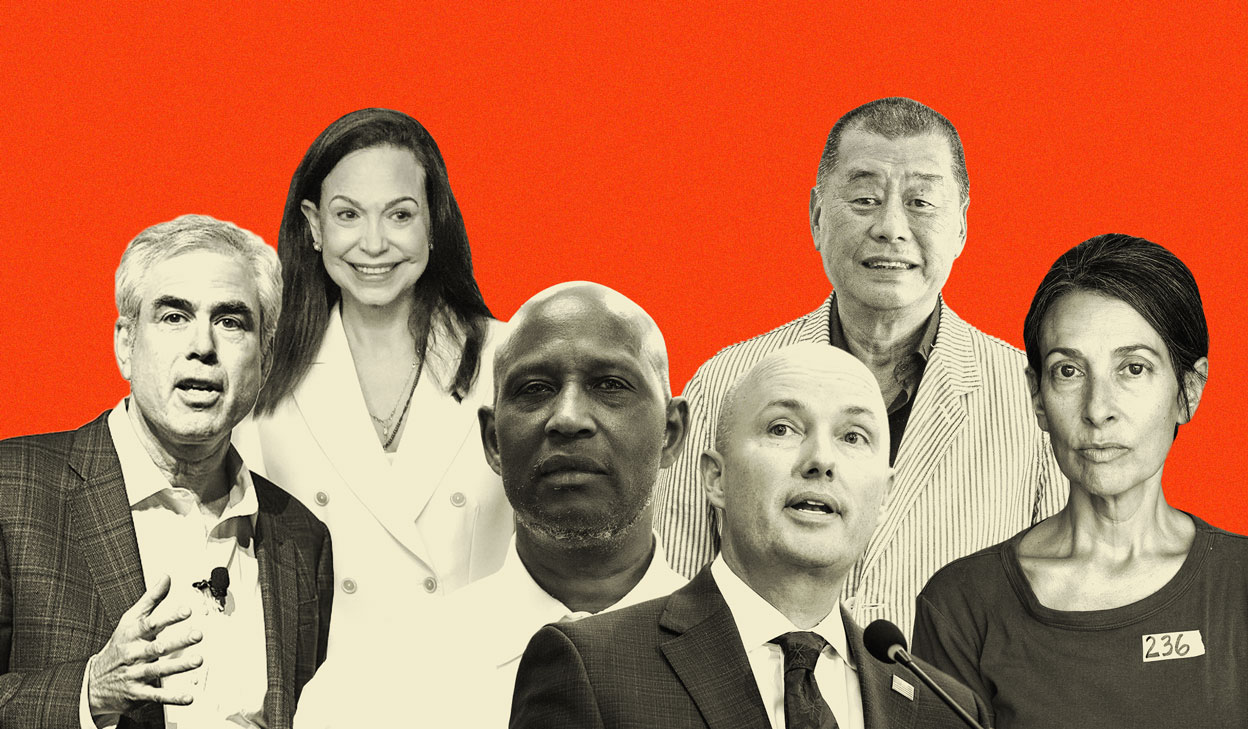How much does it cost to refinance your mortgage?
Most homeowners plan to refinance their mortgages at least once in order to change the loan term and ultimately boost savings. However, refinancing does come with a price.
Like your original home loan, you'll owe various closing costs and other expenses in order to replace your existing mortgage. Estimating these ahead of time is critical.
Fortunately, there are several online tools available to help you crunch the numbers and determine if you will save long-term by refinancing your mortgage. Get started now.
Before making any major financial decisions, you should always make sure the timing is right. If you're considering refinancing, here's what you need to know.
Average mortgage refinance closing costs
When you refinance, you will pay closing costs, just as you did with your original mortgage loan. These include things like appraisal fees, recording costs, origination fees, title insurance and more. The costs of these can vary widely, but Freddie Mac estimates the average refinance costs around $5,000.
Some mortgage companies will advertise "no closing cost" refinances, but these really just roll your closing costs into your loan balance. Because your loan balance is then higher, it results in more long-term interest costs. Make sure you do your research in advance before filing any paperwork. There are online marketplaces that list out potential mortgage lenders that can help.
"A no-closing-cost refinance means you don't have to pay fees at closing," explains Matt Vernon, head of retail lending at Bank of America. "However, that doesn't mean there are no added costs. Closing cost fees will instead be included in the loan, increasing the principal balance, or you'll pay a higher interest rate. A higher interest rate adds up over time."
If you refinance too quickly after you buy a home, you may also owe a prepayment fee to your lender. These penalize borrowers who pay off their loans too early (before the lender can make a profit). The exact costs vary widely, but you can pay around 2% of your loan balance or six to 12 months of interest charges.
Finally, you will also pay interest on your refinance, though this will be spread out over time and included in your monthly payment. The total interest you'll pay depends on the loan amount, loan term (length) and interest rate. Typically, you'll get the best interest rate with a credit score of 740 or higher, according to mortgage purchaser Fannie Mae.
If you're not sure what your credit score is, don't worry. There are always ways to boost your credit score if you're not satisfied with it. You may also have the option to buy discount points, which essentially let you pay an upfront fee (usually 1% of your loan amount) for a lower interest rate.
How to refinance your mortgage
Refinancing replaces your existing mortgage loan with a new one. It works like this: You apply for a new mortgage, submit your documentation, and once approved, that loan is used to pay off your old one.
Because refinancing gives you a new loan with a new interest rate, term and monthly payment, many people refinance their mortgages to save money.
Do you think you'd benefit from a refinance? First, you should look into current interest rates and what you could qualify for.
There are also cash-out refinances which allow you to turn your home equity into cash. With these, you take out a new loan larger than your current one. That loan pays off your existing balance, and you receive the difference between those two numbers in cash. You can then use those funds for anything you'd like (many use them for repairs or home renovations).
And for older homeowners (62 and above), a reverse mortgage may be beneficial to get cash. This option allows homeowners who have completely paid off or paid off most of their mortgage to take out a portion of their home's equity.
Pros and cons of refinancing
There can be many advantages to refinancing your mortgage. It could reduce your monthly payment or interest costs, help you pay off your loan faster, free up cash flow or get much-needed funds for repairs, medical bills or paying off debts.
Refinancing can also help you get rid of private mortgage insurance in some cases or, if you have an adjustable-rate mortgage, move to a fixed-rate one – which would give you more consistency and protect you from future rate increases.
On the downside, though, there are many upfront costs to refinancing. And if you plan to sell your home in the next couple of years, you might not break even. Generally speaking, you should only refinance if you plan to stay in the home until you reach the breakeven point – or the month in which the savings from your refinance outweigh the upfront costs.
If you do a cash-out refinance, it could also eat into your equity and pose a risk if home values fall. If this were the case, your mortgage balance might end up higher than your home's worth. This would be problematic if you needed to sell the home (you wouldn't make enough to pay off your loan).
Overall, the benefits of refinancing a mortgage are specific to your personal financial situation, goals and preferences. There are multiple considerations to account for before proceeding, however.
Have more questions? Speak to a mortgage refinance expert today to find out more.




